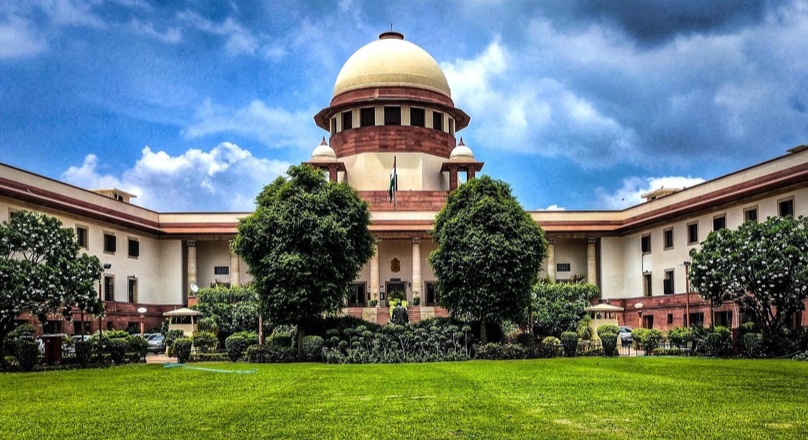Court Emphasizes Need for Specific Allegations Against Each Accused in Domestic Violence Cases
The Court stated that in criminal cases involving domestic violence, complaints and charges should clearly specify the allegations against each accused family member whenever possible.
Supreme Court: Family Members Cannot Be Implicated in Domestic Violence Cases for Failing to Support the Victim
The Supreme Court on Friday ruled that family members of an individual accused of domestic violence cannot be held criminally liable solely for not supporting the victim.
“There is a tendency in family disputes where the complainant implicates relatives of the accused who do not intervene or assist the complainant, merely acting as silent spectators. However, this cannot amount to a criminal offense unless a specific act is attributed to them,” the Court observed.
A Bench comprising Justice BV Nagarathna and Justice N Kotiswar Singh reiterated that in domestic violence-related criminal cases, complaints and charges should, as far as possible, contain specific allegations against each accused family member.
The Court further noted, “There may be instances where certain family members or relatives may turn a blind eye to the victim’s suffering and fail to offer support. However, this does not automatically make them perpetrators of domestic violence unless there is clear evidence of their involvement or instigation.”
Supreme Court Emphasizes Sensitivity in Handling Genuine Domestic Violence Cases
The Supreme Court underscored the need for genuine cases of domestic violence to be addressed with the utmost sensitivity. It acknowledged the inherent challenges in such cases, noting that since these offenses typically occur within the confines of the home rather than in public, obtaining direct evidence can be difficult.
“What requires careful evaluation is whether the allegations are genuine, specific, and attributable to the family members under criminal law, or if they are simply a spillover of emotional distress,” the Court observed.
The remarks were made while hearing a petition related to charges under Sections 498A and 506 of the Indian Penal Code, along with Sections 3 and 4 of the Dowry Prohibition Act, 1961. The case involved a challenge to the Telangana High Court’s decision, which had refused to quash proceedings against the maternal aunt and cousin of the primary accused.



